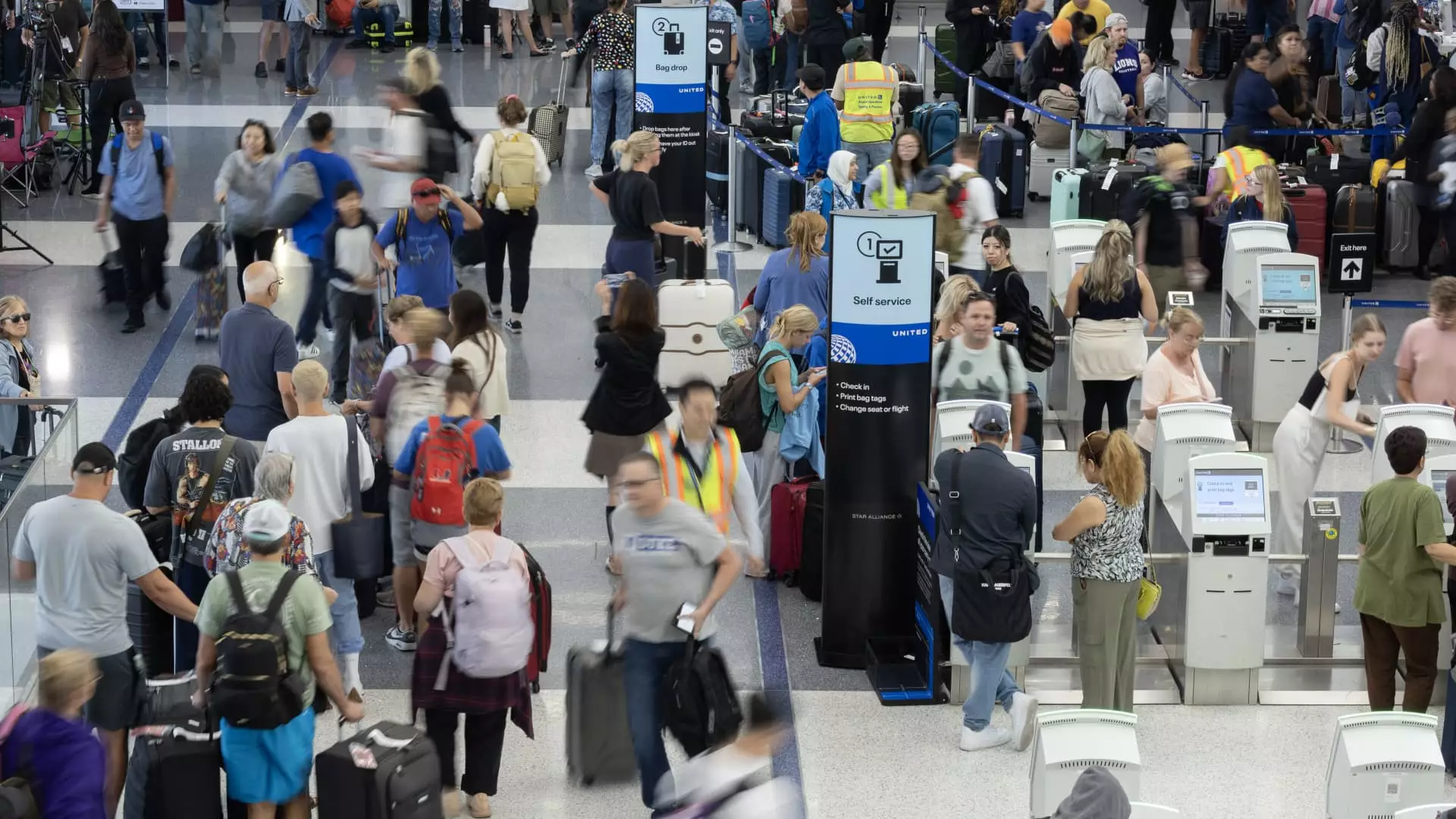The chaos caused by a global IT outage earlier in the week had a significant impact on airlines and travelers alike. Thousands of flights were canceled and delayed, leaving passengers stranded and frustrated. The disruptions were comparable to severe weather events, but airlines were caught off guard and ill-prepared to handle the situation.
Airlines worked tirelessly to recover from the IT outage and get their operations back on track. United Airlines and Delta Air Lines, among others, canceled and delayed flights in an effort to accommodate affected customers. United Airlines COO Toby Enqvist commended the teams for their hard work in resolving the most disruptive technology outage in history.
As airlines worked to recover, flight cancellations and delays began to ease. On Saturday, over 1,200 flights were canceled worldwide, a significant improvement from the previous day. United Airlines saw a decrease in canceled flights from 22% to 7%, while Delta Air Lines improved from 31% to 10%. Passengers were also offered waivers for fare differences and fees to help mitigate the inconvenience caused by the IT outage.
The global IT outage served as a wake-up call for airlines to better prepare for unforeseen disruptions. While it may be challenging to predict when such events will occur, having contingency plans in place can help mitigate the impact on operations and customers. It is crucial for airlines to invest in robust IT systems and protocols to ensure the smooth functioning of their operations.
As the dust settles from the IT outage, airlines are focused on returning to normal operations and rebuilding customer trust. The challenges faced during the disruption have highlighted areas for improvement in IT infrastructure and crisis management strategies. By learning from this experience, airlines can strengthen their resilience and readiness to handle future disruptions effectively.


Leave a Reply